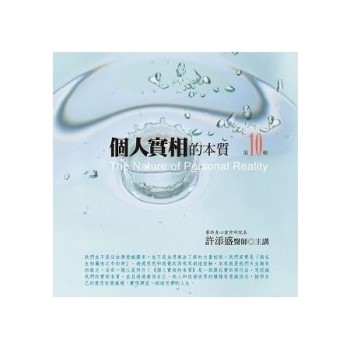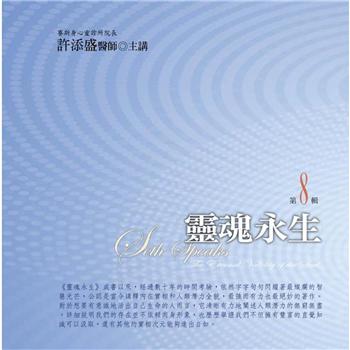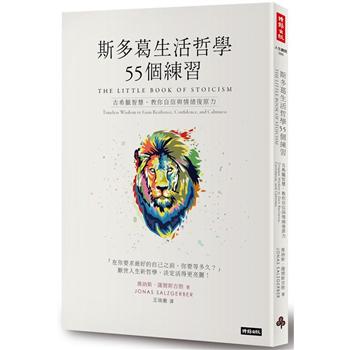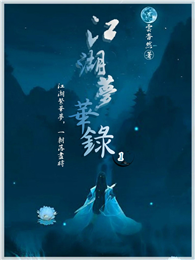"The sky remembers / what the tongue / can no longer pronounce" because the world, as well, is a vessel. Its containment may not be discernible because the world is vast. But world-like its word itself-holds all within its embrace. Such poses necessary implications, like "the hope of forgiveness" or like how one "work[s] on what / has been spoiled, not / dwelling too much on // who spoiled it and / why." All creatures, such as humans, are also vessels but because we’re all within the same world, when we hear others as "the red / clay cracking in the empty lake. /...we must / help each other." To live in a shared vessel also means the relevance of courage: "the tree is more than its reach." Robert van Vliet’s VESSELS is not only moving and engaging poetry; its words also have crafted a worthwhile lesson that can be summed up by the book’s beautiful raison d’etre: "Every straight line / is perfectly round."-Eileen R. Tabios, author of THE INVENTOR: A Poet’s Transcolonial Autobiography
Vessels was written during a time of disquiet, isolation, and absences, when each day was folded over on itself, false and empty. To keep working, Robert van Vliet challenged himself to build a ten-line poem each day that needed to include five words and a line or fragment from a book, all chosen randomly through chance operations.
He knew that he was too swamped by the quotidian to allow himself to choose the words-they would be nothing but fear, mask, Covid, police, racist, murder, climate, rage... The chance operations allowed him to leave most of the decisions until the very moment he began composing.
The result is a collection of three suites, each seeking a path beyond the polarity of either willfully ignoring the appalling spectacle of those pandemic years or being angrily transfixed by it. Three paths out of mute heartbreak and toward a third space of hope, presence, spirit.












